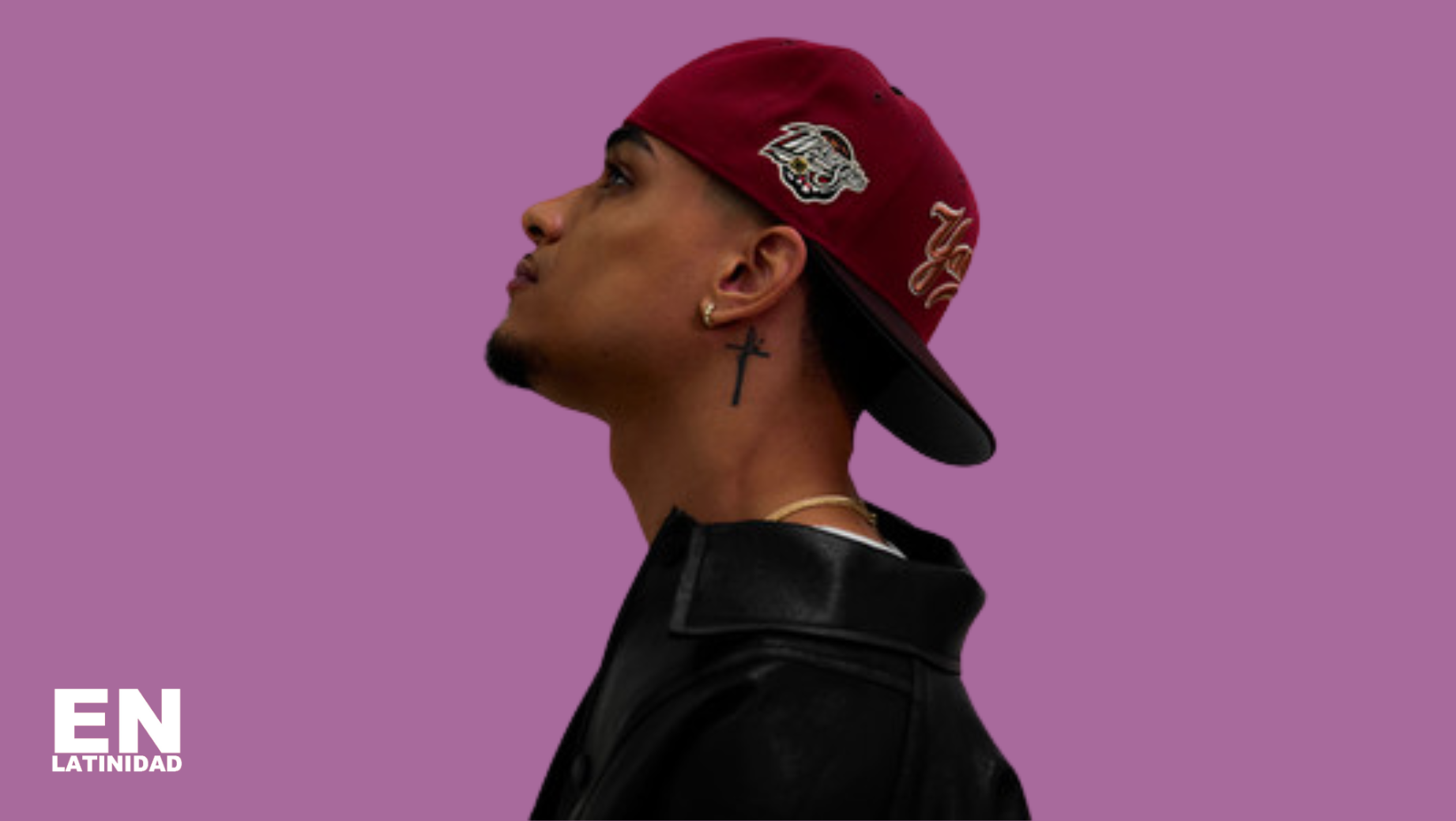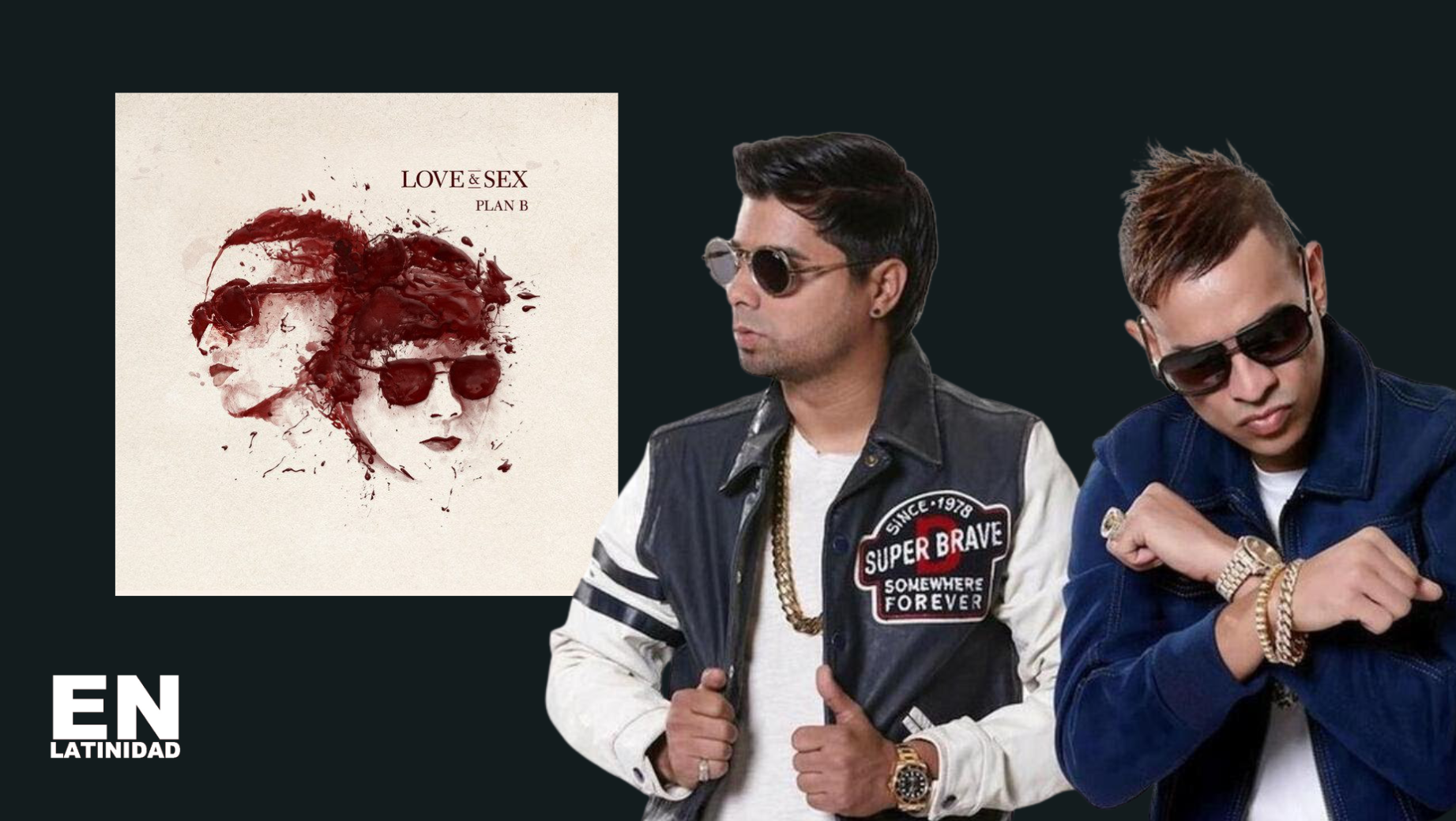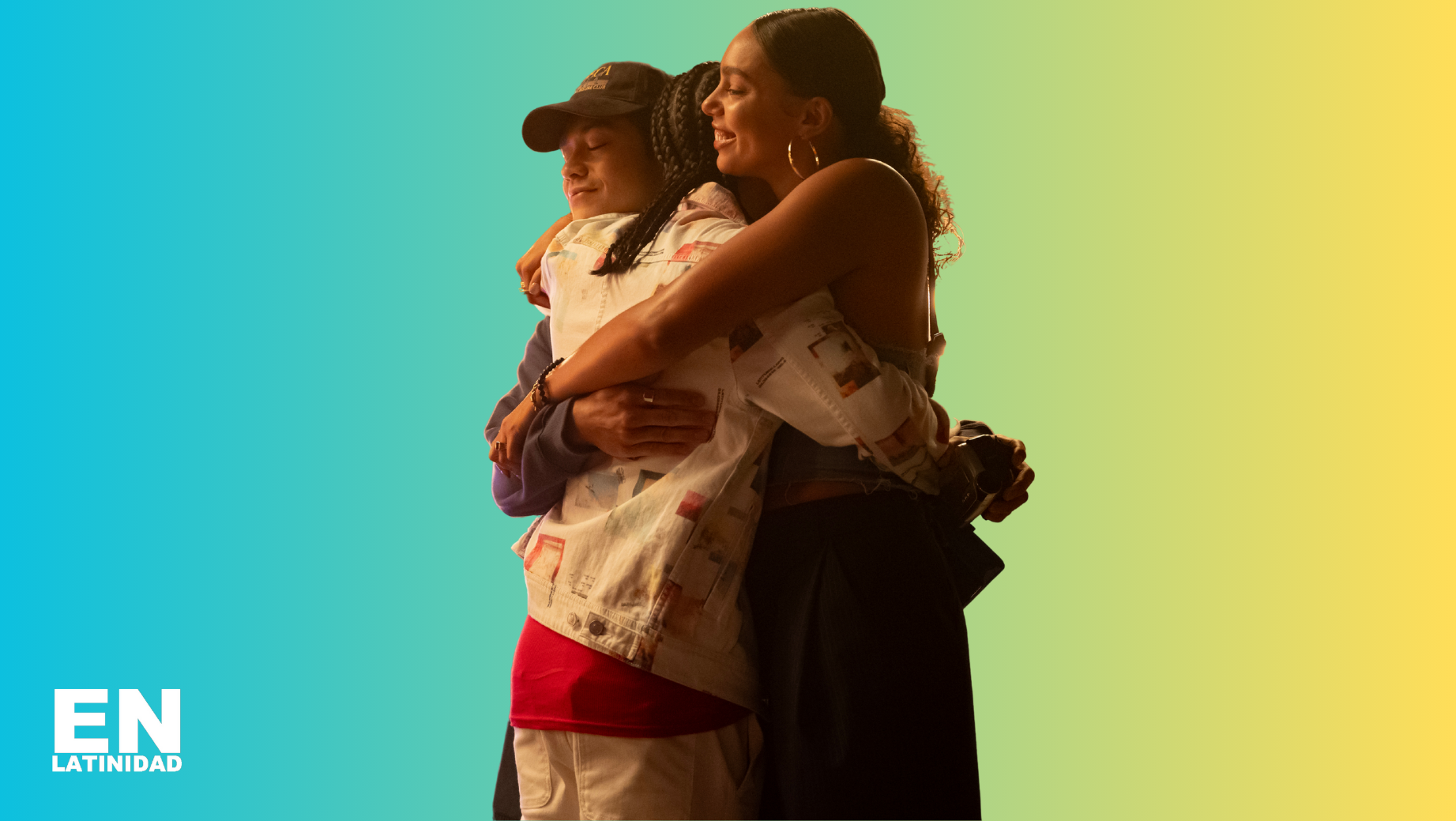Chavi Leons: The Fresh Voice Revolutionizing the contemporary Bachata Sound
If Bachata were a love story, Chavi Leons just wrote the most unexpected, yet irresistible new chapter. Chavi Leons is quietly carving his name into the evolving landscape of bachata, bringing fresh energy and a unique perspective to a genre deeply rooted in Dominican Republic history. Bachata, a music style that originated in the rural barrios of the Dominican Republic in the early 1900s, was once dismissed as “music of the poor,” often overshadowed by more mainstream Latin genres. Yet, its emotive storytelling and danceable rhythms have since captivated millions worldwide. As a rising artist in this scene, Chavi Leons is contributing to bachata’s ongoing transformation — bridging traditional sounds with contemporary influences and helping to elevate the genre’s cultural significance.
Bachata’s origins are steeped in the Dominican experience. Initially marginalized and relegated to the countryside and working-class urban neighborhoods, bachata emerged as an expression of heartbreak, romance, and social realities, often told through the plaintive strumming of guitars and soulful vocals. Early bachateros like José Manuel Calderón and later, artists such as Antony Santos and Raulin Rodríguez, helped to bring the genre into wider awareness. Still, it wasn’t until the late 1990s and early 2000s that bachata exploded onto the international stage, largely due to the success of groups like Aventura. Led by Romeo Santos, Aventura popularized a modern bachata sound by infusing it with R&B and hip-hop elements, making it accessible to younger audiences and the Latinx diaspora worldwide. However, despite their commercial success and undeniable influence, the Latin music industry has long been slow to fully recognize bachata’s impact, often overlooking it in favor of genres deemed more marketable.
This neglect has sparked a new wave of artists pushing back and claiming bachata’s rightful place in Latin music’s mainstream. Prince Royce is perhaps the most prominent figure in this movement, spearheading what many call “bachata pop” — a white-washed, crossover-friendly style that blends limited traditional bachata rhythms with pop sensibilities and contemporary production. His success has opened doors for emerging talents to experiment with the genre while respecting its roots. It’s in this fertile environment that Chavi Leons has found his footing, merging the heartfelt lyricism and guitar work characteristic of bachata with fresh melodic ideas and modern beats. His sound pays homage to the genre’s origins but refuses to be boxed in by tradition, appealing to a new generation of listeners hungry for bachata that feels both authentic and current.
Chavi Leon‘s deep respect for bachata’s storytelling traditions combined with his willingness to innovate sets him apart. His songs explore themes of love, loss, and resilience with a vulnerability that resonates across cultures. At the same time, his production choices incorporate urban and pop elements, making his music dynamic and versatile. This balancing act is crucial in an era where Latin music audiences are increasingly diverse and globally connected. Chavi is proving that bachata can be both deeply personal and broadly appealing, capable of evolving without losing its soul.
The rise of artists like Chavi Leons also challenges the longstanding industry bias that has relegated bachata to the margins. For decades, the genre was treated as niche or regional, despite its widespread popularity. This disconnect between industry recognition and audience enthusiasm reflects broader issues of class and racial dynamics within Latin music, where Dominican and working-class genres have historically been undervalued. The success of Aventura and artists like Romeo Santos should have been a turning point, yet many record labels and media outlets continued to prioritize other genres, missing opportunities to uplift bachata artists and their stories.
Reggaetón has become the go-to genre for many major labels in part because of its cost-efficiency—it’s often built from digital beats, samples, and synths that can be produced by a single person in a home studio. In contrast, bachata is rooted in live instrumentation, typically requiring a full band including bongos, güira, rhythm and lead guitars, and bass. This not only raises the cost of recording and production but also significantly impacts touring logistics, as a larger ensemble means more travel expenses, equipment, and coordination. Marketing bachata artists also presents challenges for labels more accustomed to reggaetón’s urban crossover appeal and solo-artist model. In an industry driven by margins, these factors have historically made bachata a less “desirable” investment, despite its passionate fan base and cultural importance.
In this context, Chavi Leons is more than just a new voice; he’s part of a cultural reckoning that insists Bachata deserves its place alongside reggaetón, salsa, and other celebrated Latin music styles. By blending respect for tradition with forward-thinking creativity, he honors the genre’s past while pushing it toward a vibrant future. His music invites listeners to appreciate bachata not just as a dance or a sound but as a living, evolving art form reflective of Dominican culture and the broader Latinx experience.
As Bachata continues to grow on the global stage in different styles from the Bachatero del Barrio in Dominican Republic or the American Bachata fueled by artists like Prince Royce and Chavi Leons, there is renewed hope that the genre’s pioneers and current talents will finally receive the recognition they deserve. The narrative is shifting, and bachata’s bittersweet melodies and passionate rhythms are finding their way into the hearts of new fans everywhere. In this evolving story, Chavi Leons is a promising protagonist, helping to write the next chapter of bachata’s rich history — one that celebrates its roots while embracing change, innovation, and inclusivity.





1 Comment